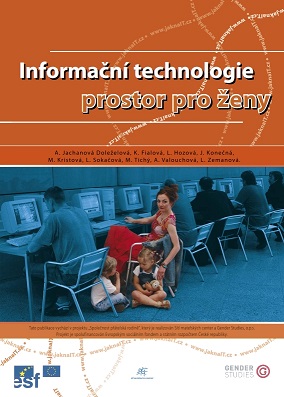
We kindly inform you that, as long as the subject affiliation of our 300.000+ articles is in progress, you might get unsufficient or no results on your third level or second level search. In this case, please broaden your search criteria.

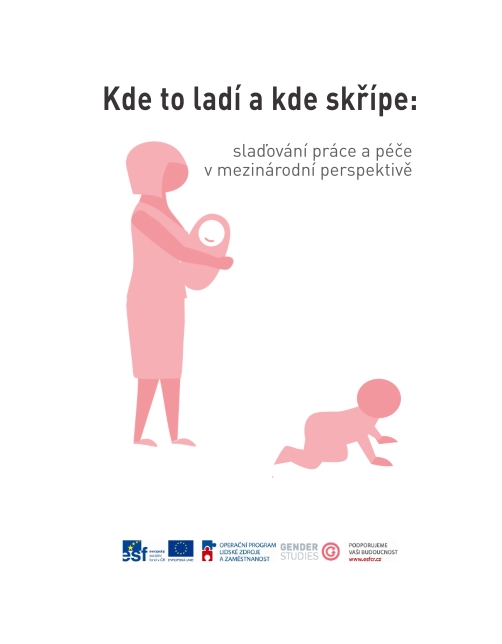

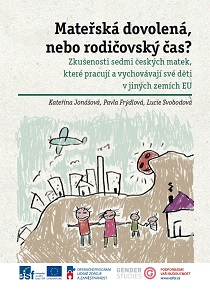
Česko se ani v těchto letech, kdy se na místo ve školce stojí fronty, není schopné v prorodinné politice inspirovat u svého nejbližšího souseda, v Německu. Zde se vláda kancléřky Angely Merkel zavázala, že do roku 2013 bude mít každé dítě po dovršení prvního roku právo na místo ve školce. A tento slib je už viditelný i v realitě - v obcích se staví školky, nabírá se personál. U nás je zodpovědnost za péči o děti zcela ponechána v rukou matek, které nemají ani zákonnou možnost pomoci si samy. Místo otevřeného prostoru jsou válcovány hygienickými nařízeními nutnými pro zřízení zařízení péče o děti, firemní školy je nutné hledat lupou a něco v Německu tak běžného jako institut Tagesmutter, denních matek, je stále v nedohlednu.
More...
V roce 1990 fungovalo v ČR celkem 1043 veřejných jeslí, v roce 2000 jich bylo evidováno pouze 67 a do roku 2007 klesl jejich počet jen na 49. V souvislosti s porodní křivkou silné generace 70. let se s nedostupností péče o malé děti potýká většina rodičů dětí předškolního věku. Tento problém bude v nejbližších letech přerůstat do prvního stupně základních škol. Ve školním roce 2011/2012 nebylo jen v hlavním městě Praha přijato přes 8000 dětí. Počet předškoláků v hlavním městě Praha i nadále roste, podle očekávání magistrátu tomu tak bude příští dva až tři roky. Stejné zkušenosti mají místní samosprávy v celém Česku. Vzáří 2012 nenastoupilo do školek na 50 000 dětí, které by nastoupit chtěly či potřebovaly. Je zde nastaven přesně opačný trend než ve vyspělých zemích, kde jako ve Francii jsou školky součástí školského systému.
More...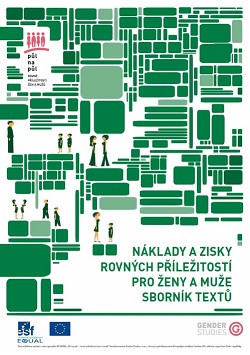


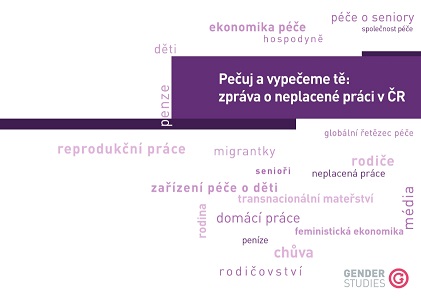
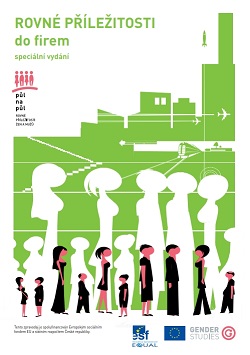
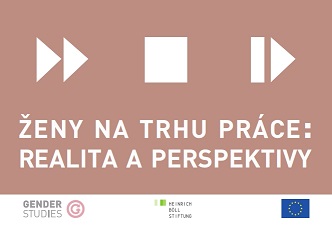
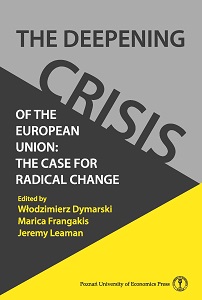
In this chapter the focus is on the specific influence of the crisis on the countries of Central and Eastern Europe. Author reveals significant contrasts between the macroeconomic performance of CEE economies since 2007, with severe, two-digit recessions in the Baltic states and uninterrupted growth in Poland, underscoring the relative vulnerability of the smaller economies with its stronger domestic demand factors. However, even in those economies that show some signs of recovery, chronic levels of youth unemployment indicate serious challenges for both domestic and European policy-makers.
More...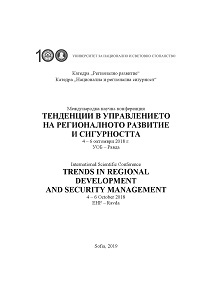
The article´s goal is to show some main problems in front of the social care system in Bulgaria, using empirical survey among social services management personal. On that basis, are outlined some risk factors for the quality of management of Bulgarian social services. This conclusion is compared with content analysis of the sector strategies for the Bulgarian districts and current legislation in the sector. The paper shows which management problems do not find solutions in the regional strategies and defines them as a risk for social service system sustainability.
More...
Germany’s Turkish communities have long been at the centre of vibrant political, academic and public deliberations. During the guest-worker years and the family reunification period that followed, and throughout their emergence as fixed attributes on German cities’ landscapes, Turks secured a firm place in debates in a Germany that was a reluctant and hesitant country of immigration. In recent years, they have been the prime focus of discussions and reflections on integration, citizenship, multiculturalism, segregation, social cohesion and the place of Islam in Germany. On the whole, the history of Turkish migration to and subsequent settlement in Germany during the post-1960s era has conventionally been associated with economic exploitation and hardship, residential difficulties and segregation, educational underachievement, confusion, uncertainty, shortsighted political strategies and ad hoc social provisions (Herbert, 1986; Abadan-Unat, 2011). Turks have gradually come to be perceived as the ethnic minority group least likely to achieve integration into German society, and as recognizable and clear Ausländer.
More...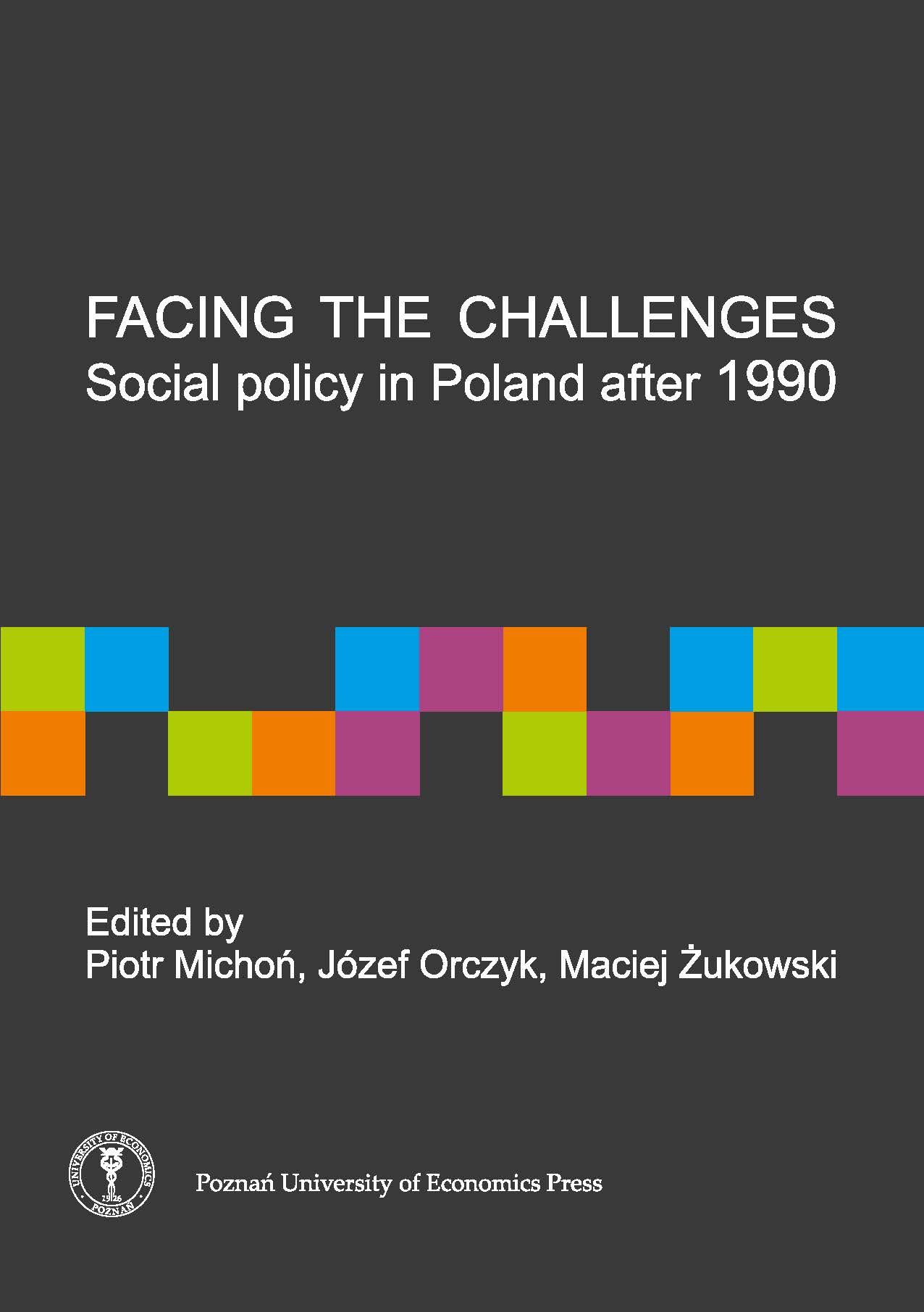
The aim of this paper is to present a changing nature of the Polish labour market in and after 1990s, employment and unemployment level and structure in Poland post-1990, labour market policy in Poland, assurance of social security to the unemployed issue, activation of the unemployed issue.
More...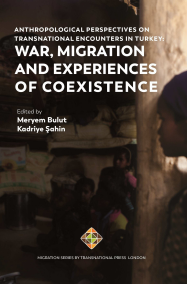
Without doubt, every migratory wave begets serious problems with many dimensions in the fields of education, employment, integration, or gender issues. A recent mass migratory move, if more numerous, can cause delays in policies towards an older refugee group. The Syrian war and the subsequent mass migration towards Turkey channeled both academic and administrative focus towards this group. As the transformative power of migration increases, so does the academic interest in this topic. In this respect, we can understand the abundance of research on Syrians compared to the paucity of studies on African refugees as a reflection of the size and impact of the Syrian stock and flows.
More...
People who fled their countries of home voluntarily or forced have been described as refugee, migrant, and person with temporary protection in the countries hosting them. The challenges faced by these uprooted people seeking security have forced many countries to develop and formulate new migration, asylum, and refugee policies.
More...
The paper is organized as follows. The first section starts by setting out the outline of the context of long-term care (LTC) utilization in Poland, i.e. the predominance of informal care. The next part of the paper draws on collected data, presents policies concerning LTC in Poland. Data on social policies on LTC in Poland were compiled from figures given by national bodies, predominantly the Central Statistical Office and the Ministry of Labour and Social Policy. Due to limited space, only the main aspects of these social policies are considered. For example, the paper does analyze those policies directed at supporting family carers, which are in fact, very modest. The next section focuses on the various policy options that Polish authorities may wish to pursue in their attempts to ameliorate the problems associated with publicly financed LTC services. The final section concludes.
More...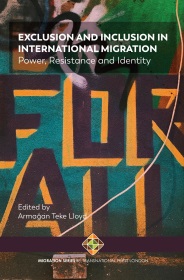
Nepal is relatively a new entrant to global labour markets. Nevertheless, over the past few decades, a huge portion of its population has migrated abroad for employment, changing the image of Nepal from a country of “global warriors to global workers” (Rajauriya, 2015). In particular, the political change of 1990 that ushered Nepal into a multiparty democracy triggered the globalizing processes. Unlike during the King’s regime, obtaining passports became easier even for general people, affording them more agility and freedom to travel outside the country (Tiwari & Bhattarai, 2011). Further, the government formed after the 1992 elections embraced a policy of fast-paced economic liberalization, connecting Nepal with global economy and global labour markets (Labour Migration for Employment Report: 2014).
More...
On the night of the 15th March 2018, the neighbourhood of Lavapiés in Madrid was literally on fire. A burst of rage swelled the streets as the district became a battlefield. That night, Madrid was raising its voice for Mame Mbaye, a black African resident that died just few hours ago running from a police identity control. A migrant insurrection broke out against these racist controls that had been increasingly happening in the neighbourhood since Mame arrived fourteen years ago. This time it was Mame, but it could have been any of the migrants that were claiming justice that night. The night of the 15th March was an explosion of urban rage in which Madrid claimed not to be a border anymore. In a later interview, Mame’s friend Serigne stated: “In Madrid you live with fear. Every morning we joke and say each other: ‘Have a good breakfast because you never know if you will ever be back home for lunch”.
More...